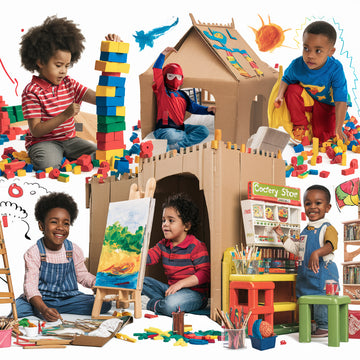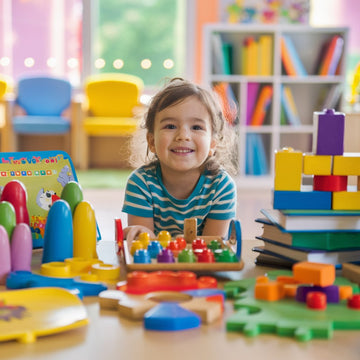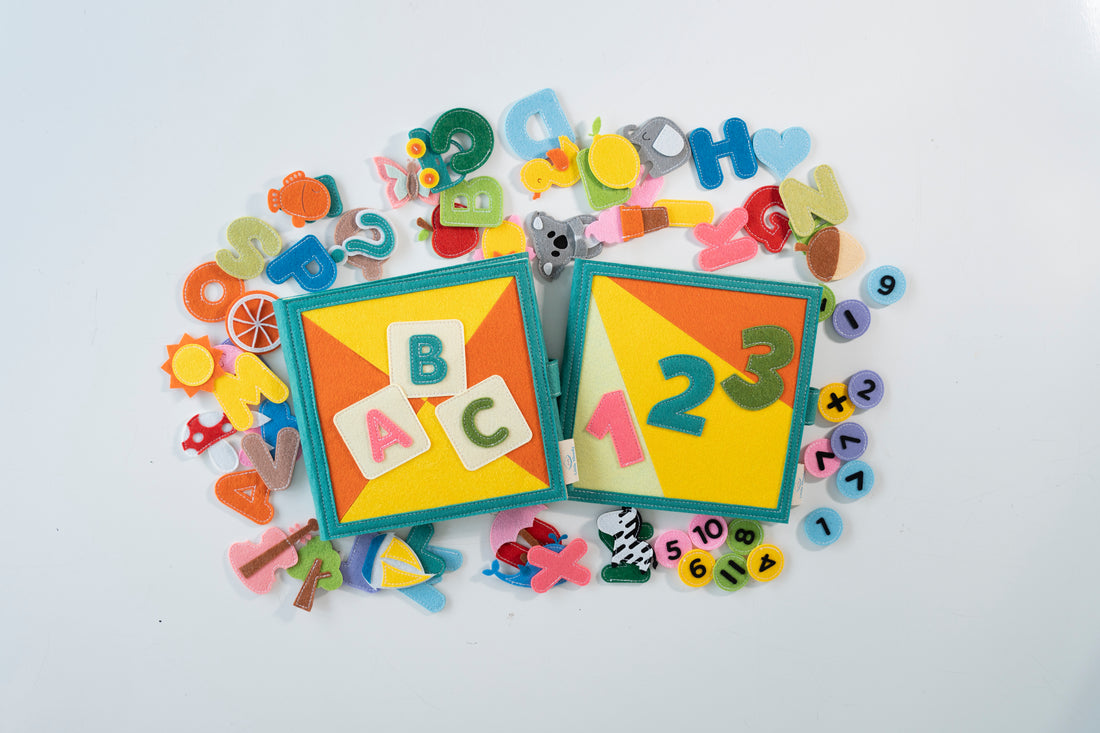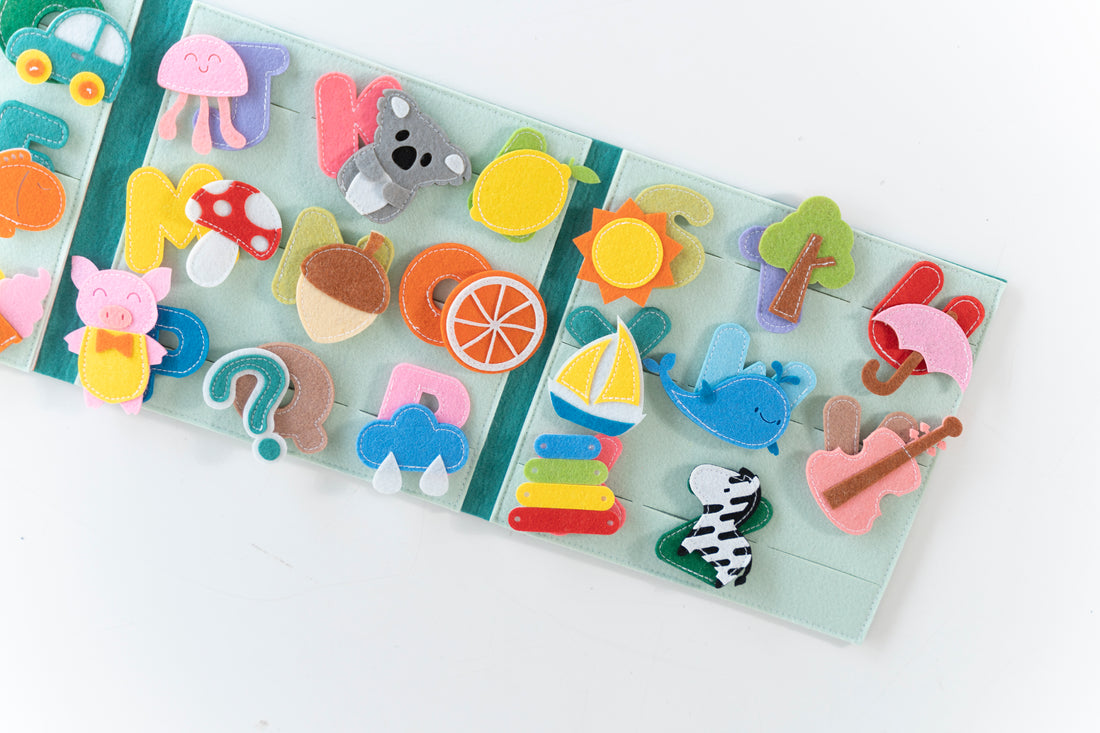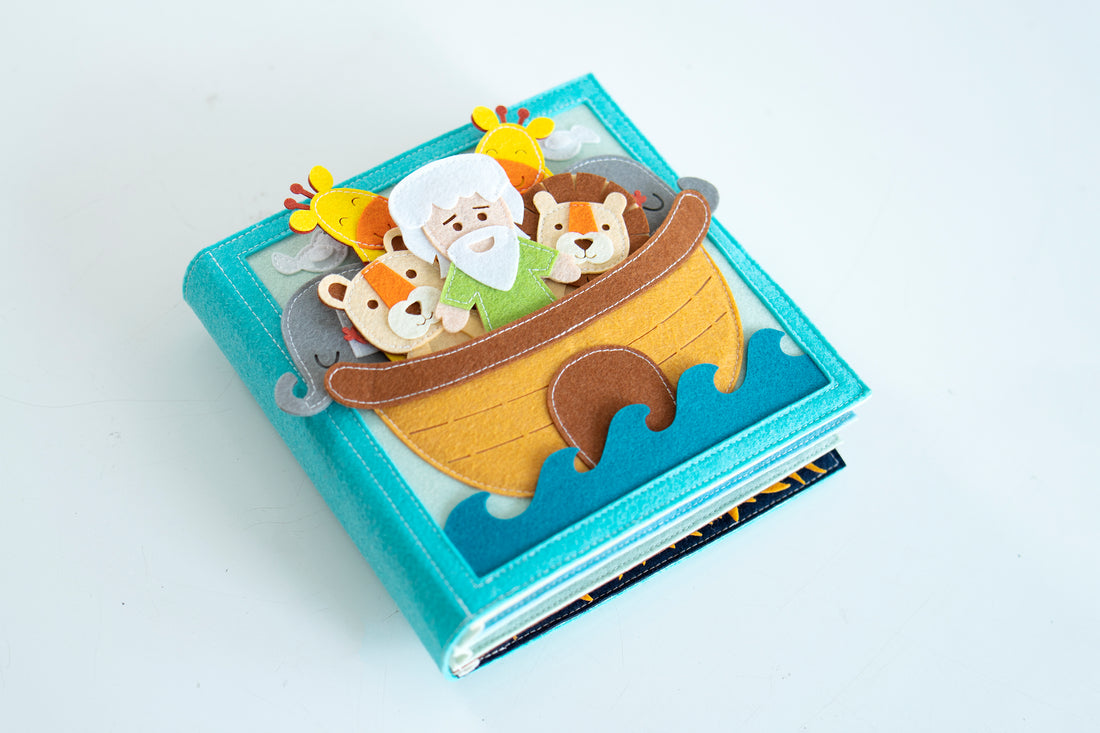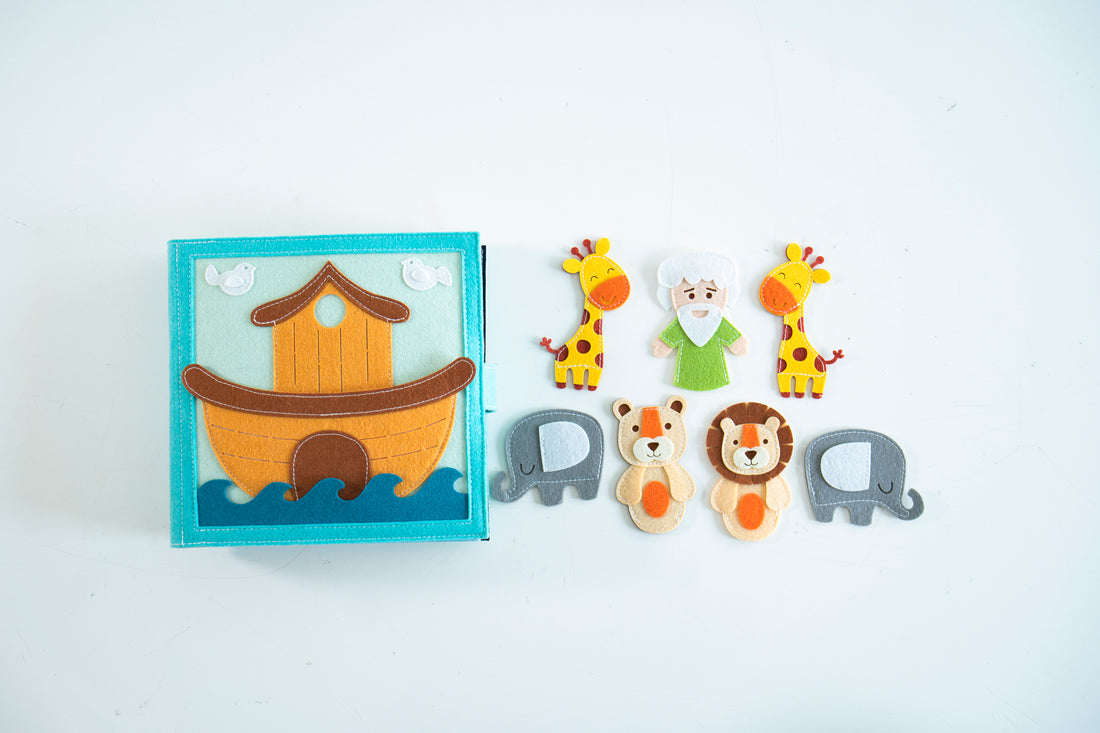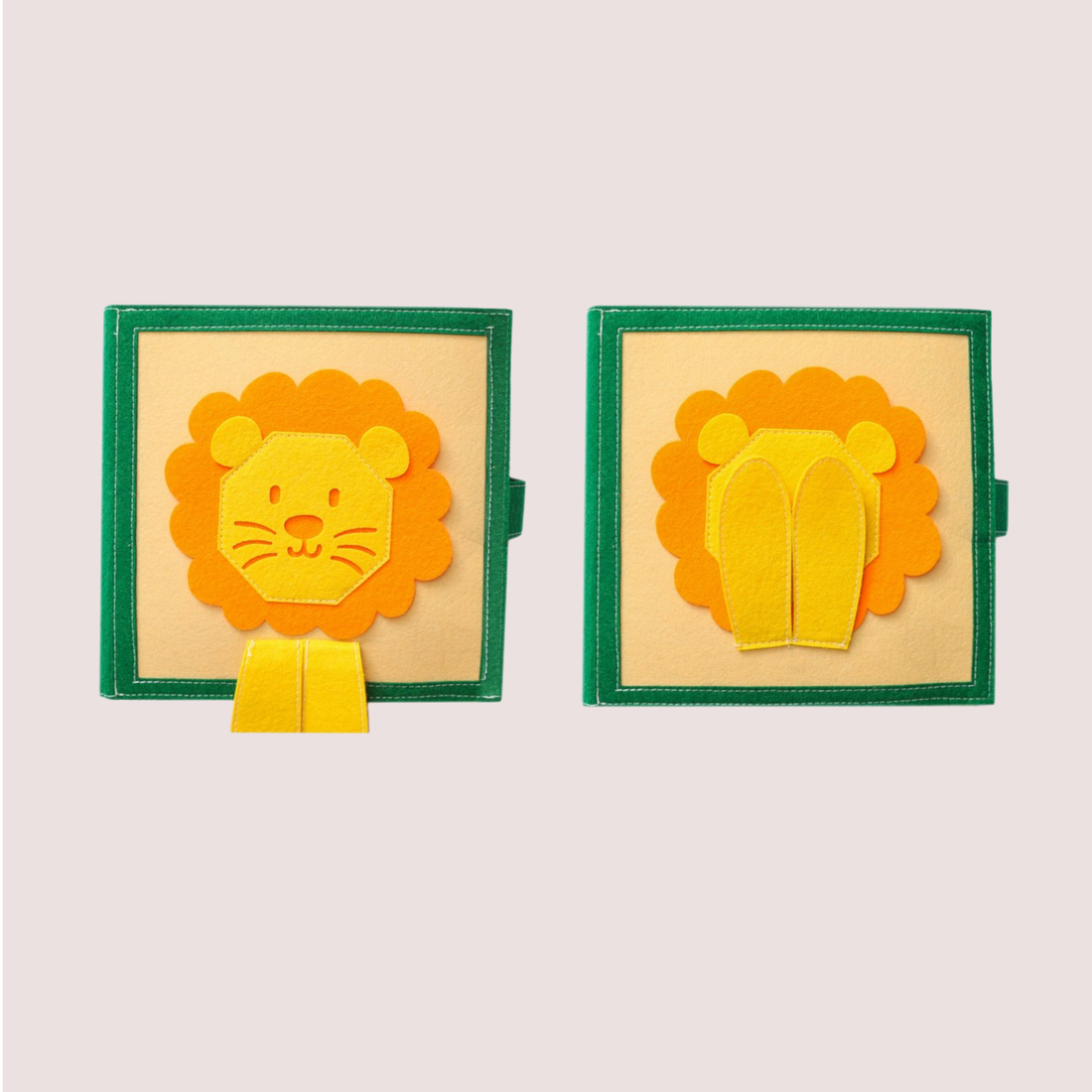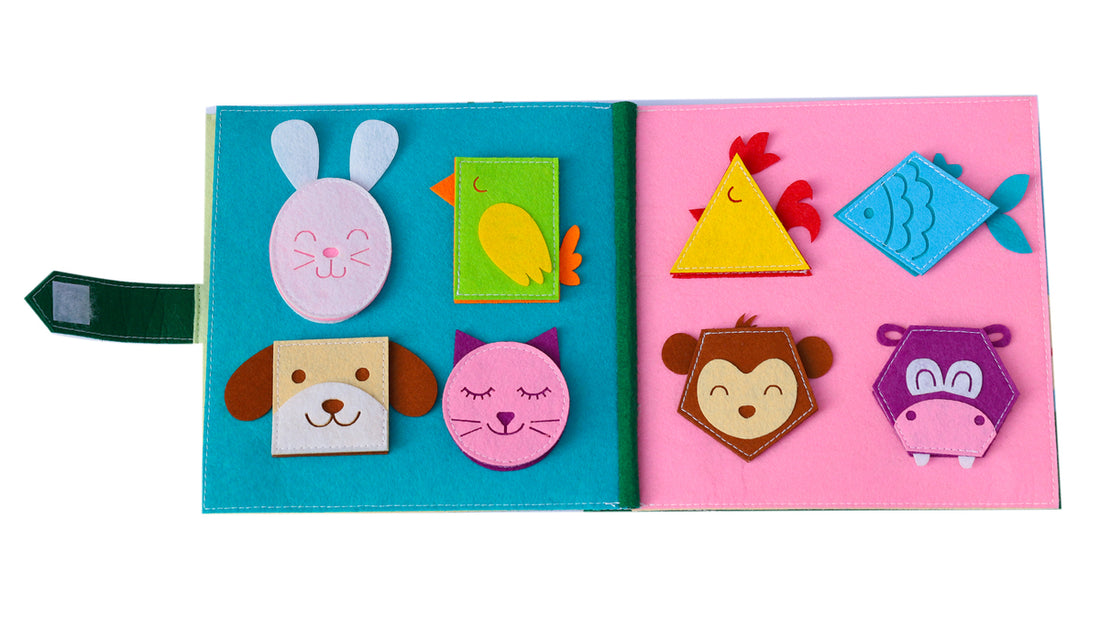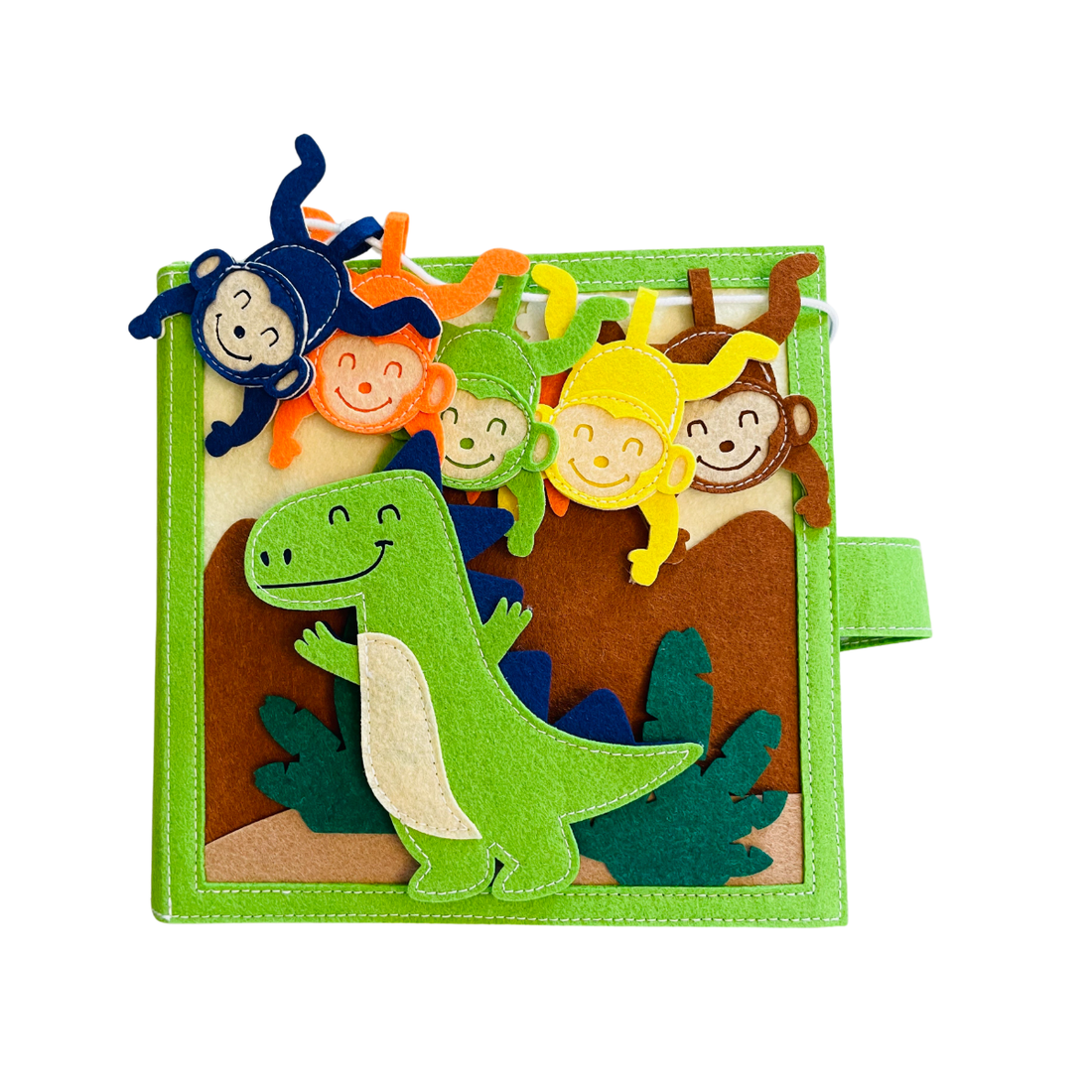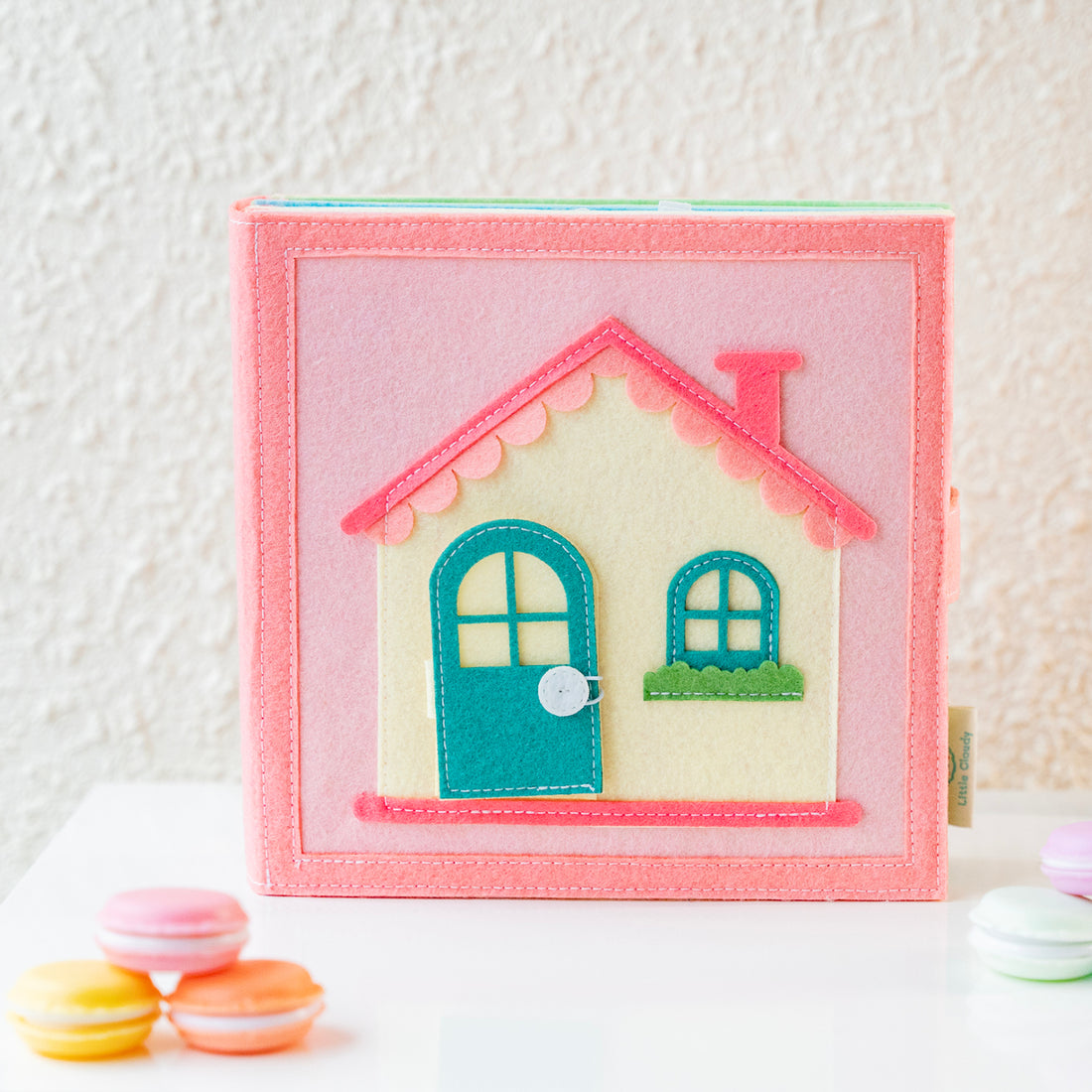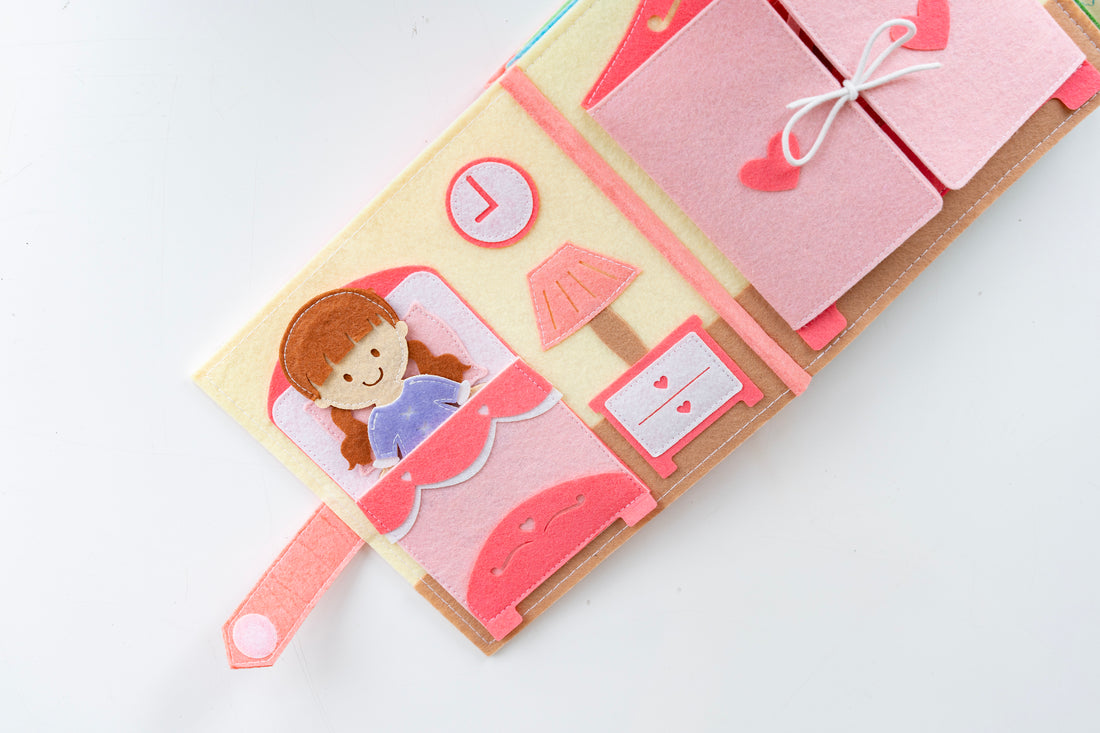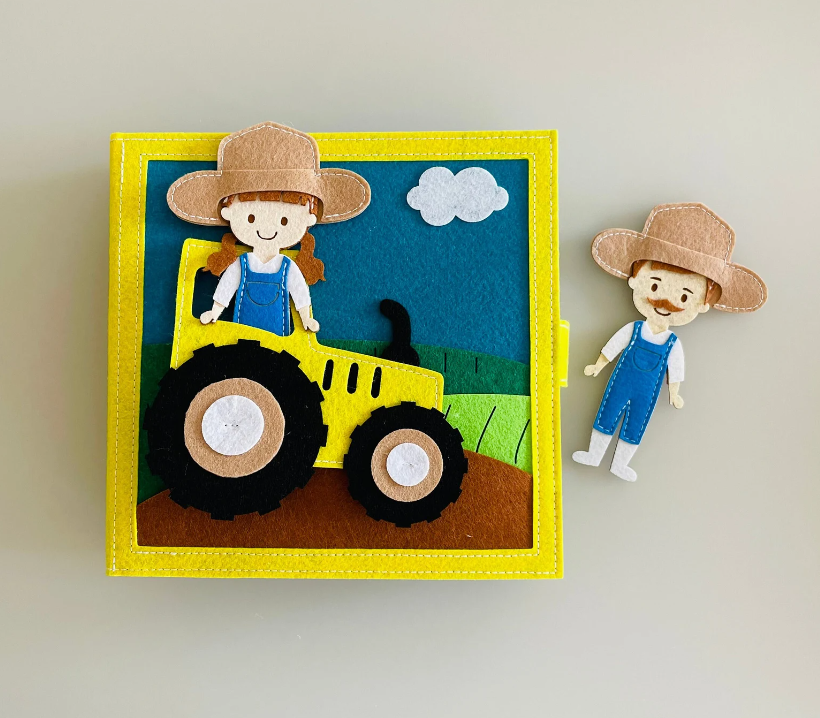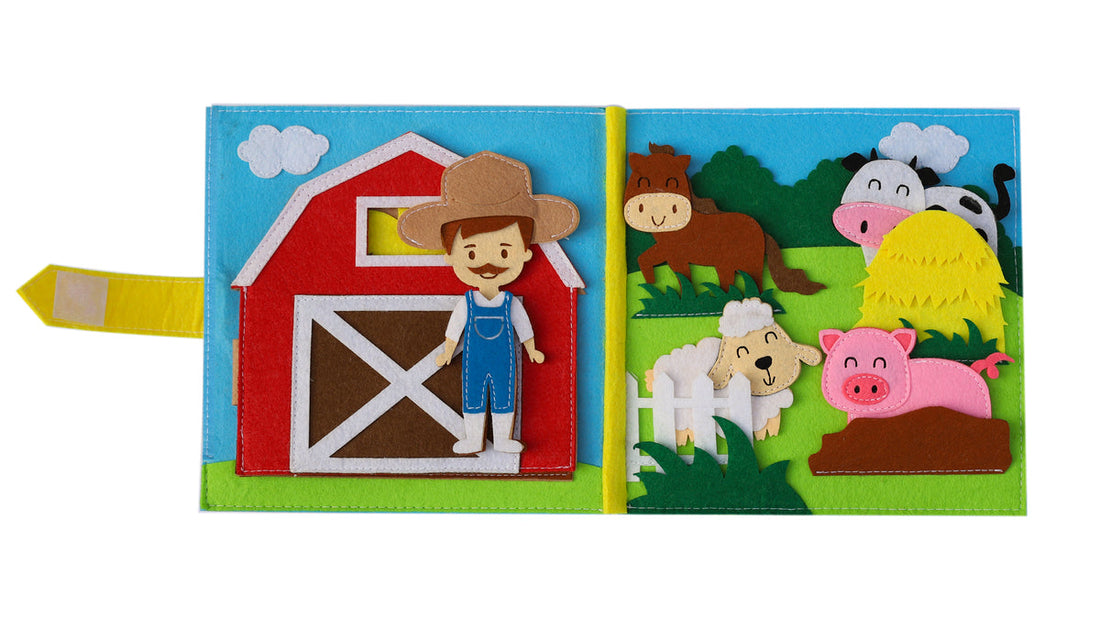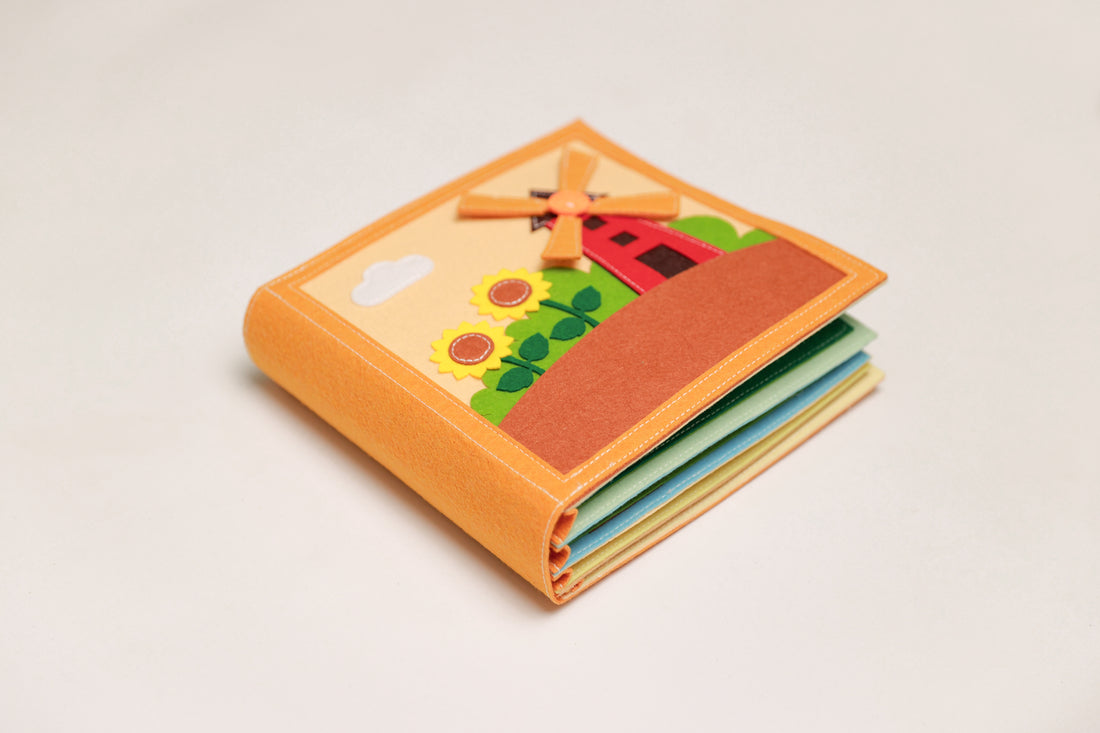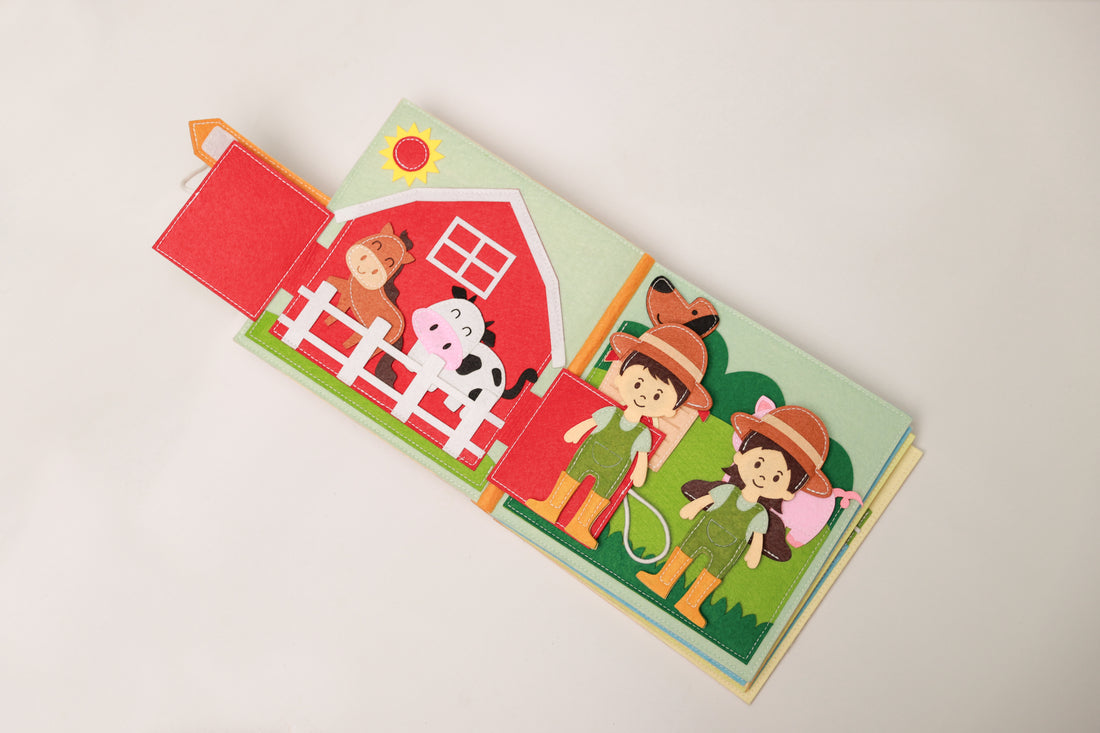Unleashing Young Minds: The Transformative Power of Play-Based Learning
In the ever-evolving world of education, a profound shift is taking place – one that celebrates the inherent value of play in a child's learning and development. Contrary to the traditional focus on structured instruction, a growing body of research and educational philosophy has championed the power of play-based learning, recognizing it as a crucial catalyst for unlocking the full potential of young minds.
Introduction
A playful start: Capture the essence of childhood wonder and curiosity
As children, we were all natural-born explorers, driven by an insatiable curiosity to discover the world around us. We marveled at the simplest of things – the vibrant colors of a flower, the intricate patterns of a spider's web, or the mesmerizing dance of a butterfly. This innate sense of wonder and the desire to learn through hands-on experience were the hallmarks of our childhood.
Learning redefined: Briefly contrast traditional education with the dynamic world of play
However, as we grow older, the educational system often shifts away from this natural, playful approach to learning. Traditional classrooms can become rigid, with an emphasis on rote memorization, standardized testing, and passive absorption of information. While these methods may serve a purpose, they often fail to ignite the same level of excitement and engagement that characterized our early years.
Promise of play: Highlight the core benefits play offers young learners (and why it matters)
Fortunately, a growing movement is reclaiming the vital role of play in education. By embracing the transformative power of play-based learning, we can unlock the full potential of young minds, nurturing their cognitive, social, emotional, and physical development in a way that truly honors the essence of childhood. In this article, we will delve into the profound benefits of play-based learning and explore how it can shape the future of education, empowering children to become confident, creative, and lifelong learners.
I. Cognitive Development: Building Blocks for Brilliant Minds
Problem-solving prowess: How play nurtures critical thinking and creative solutions
Play-based learning fosters the development of critical thinking and problem-solving skills in young children. Through engaging in open-ended, imaginative play, children learn to navigate challenges, explore different solutions, and develop a growth mindset. They actively experiment, test hypotheses, and learn from their mistakes, ultimately building a robust foundation for academic success and lifelong learning.
| Benefits of Play-Based Problem-Solving | Examples |
|---|---|
| Develops critical thinking skills | Children build block towers, problem-solving how to make them taller and sturdier |
| Encourages creative problem-solving | Children work together to create an imaginary play scenario, negotiating roles and resolving conflicts |
| Builds flexibility and adaptability | Children adjust their play strategies when their initial ideas don't work, learning to be resilient |
Imagination unleashed: The role of pretend play in boosting creativity and innovation
Pretend play, a hallmark of play-based learning, ignites the spark of creativity and imagination in young children. As they assume different roles, create imaginary scenarios, and engage in make-believe, children learn to think outside the box, generate innovative ideas, and develop the cognitive flexibility necessary for future success in a rapidly changing world.
- Diverse play scenarios foster creativity
- Pretend play allows children to explore different perspectives
- Imaginative exploration nurtures divergent thinking
Language and literacy leaps: How playful interactions enrich communication skills
Play-based learning provides a rich and engaging environment for the development of language and literacy skills. Through dynamic interactions, imaginative storytelling, and exposure to a variety of print materials, children expand their vocabulary, enhance their communication abilities, and lay the foundation for successful reading and writing.
"Play is the highest form of research." - Albert Einstein
II. Social and Emotional Intelligence: Navigating Life's Playground
Building friendships: Play as a foundation for cooperation, sharing, and empathy
Play-based learning fosters the development of crucial social skills, such as cooperation, sharing, and empathy. As children engage in collaborative play, they learn to navigate social interactions, resolve conflicts, and develop a deeper understanding of others' perspectives.
- Cooperative play encourages teamwork and negotiation
- Sharing toys and materials teaches compromise and consideration
- Imaginative scenarios promote empathy and perspective-taking
Emotional regulation: Learning to manage feelings through playful scenarios
Through play-based learning, children have the opportunity to explore and express their emotions in a safe and supportive environment. By engaging in role-play, storytelling, and imaginative scenarios, they develop the ability to recognize, understand, and regulate their own emotions, laying the groundwork for emotional intelligence and well-being.
| Emotional Regulation Skills Developed Through Play |
|---|
| Identifying and labeling emotions |
| Expressing feelings in healthy ways |
| Developing coping strategies for challenging emotions |
| Building self-awareness and self-control |
Self-confidence soars: Play fosters a sense of agency and belief in one's abilities
Play-based learning empowers children to develop a strong sense of self-confidence and agency. As they engage in self-directed play, make choices, and experience the satisfaction of accomplishing their own goals, children cultivate a belief in their abilities and a willingness to take on new challenges.
- Play allows children to feel in control of their learning
- Successful experiences in play boost self-esteem
- Playful exploration nurtures a growth mindset
III. Physical Development: Active Bodies, Active Minds
Gross motor mastery: Running, jumping, climbing – the joys of physical play
Play-based learning places a strong emphasis on physical activity, allowing children to develop their gross motor skills through engaging in a variety of energetic, whole-body movements. From running, jumping, and climbing to balancing, throwing, and catching, these playful physical experiences contribute to the overall health and well-being of young learners.
- Gross motor activities promote muscle development and coordination
- Physical play supports the development of vestibular and proprioceptive systems
- Active play helps establish healthy habits and a love for movement
Fine motor finesse: Honing hand-eye coordination and dexterity through playful activities
In addition to gross motor skills, play-based learning also fosters the development of fine motor abilities. Through engaging in manipulative activities, such as playing with blocks, crafting with clay, or operating simple tools, children refine their hand-eye coordination, dexterity, and the precise control of small muscle movements.
- Fine motor play activities enhance hand-eye coordination
- Manipulative play develops finger strength and dexterity
- Playful exploration with tools and materials builds problem-solving skills
Healthy habits for life: Play's role in establishing a love for movement and exercise
By prioritizing physical play, play-based learning instills a love for movement and exercise in young children. This foundation of joyful physical activity not only supports their immediate growth and development but also lays the groundwork for a lifetime of healthy habits and an active lifestyle.
- Positive associations with physical play promote long-term engagement
- Early exposure to diverse movement activities cultivates well-rounded physical literacy
- Playful exercise supports overall physical and mental well-being
IV. Academic Foundations: A Playful Path to Learning
Early math and science: Exploring concepts like counting, sorting, and cause-and-effect
Play-based learning provides a natural and engaging platform for introducing young children to foundational mathematical and scientific concepts. Through playful exploration, experimentation, and hands-on activities, children develop an intuitive understanding of numeracy, patterns, spatial relationships, and cause-and-effect principles.
- Counting games and sorting activities foster early math skills
- Sensory play with natural materials nurtures scientific inquiry
- Constructive play, like building with blocks, cultivates spatial awareness
Literacy connections: Play's role in developing pre-reading and pre-writing skills
Play-based learning also lays the groundwork for the development of early literacy skills. From engaging with books and storytelling to experimenting with writing and reading-related activities, children build a strong foundation for future academic success in language and literacy.
- Imaginative play with props and costumes supports narrative development
- Exposure to a print-rich environment fosters phonological awareness
- Playful writing activities, like drawing and scribbling, build fine motor skills
Inquiry and investigation: Fostering a lifelong love of learning through play
At the heart of play-based learning is the cultivation of a natural curiosity and a love for learning. By encouraging children to explore, experiment, and investigate the world around them, play-based approaches nurture a mindset of inquiry and a desire to continue learning throughout their lives.
- Open-ended play stimulates children's innate sense of wonder
- Hands-on learning activities foster a growth mindset
- Playful discovery inspires a lifelong love of learning
V. Play and the Brain: The Science Behind the Smiles
Neuroplasticity in action: How play strengthens neural connections
Play-based learning harnesses the remarkable power of neuroplasticity – the brain's ability to adapt and reorganize itself in response to new experiences. Through engaging in playful activities, children's brains form new neural connections, strengthen existing ones, and lay the foundation for cognitive, social, and emotional development.
- Play stimulates the release of neurotransmitters that support learning
- Sensory-rich play experiences build dense neural networks
- Repetitive, self-directed play reinforces and solidifies learning
Stress reduction: Play as a natural antidote to anxiety and overwhelm
In addition to its cognitive benefits, play-based learning also plays a crucial role in managing stress and promoting emotional well-being. By providing a safe and joyful outlet for children to express themselves, play helps to alleviate anxiety, reduce the negative effects of stress, and foster a positive, resilient mindset.
- Playful activities trigger the release of feel-good hormones
- Imaginative play allows children to process and cope with emotions
- Physical play helps to release built-up energy and tension
The joy factor: The importance of positive emotions in the learning process
At the heart of play-based learning is the powerful impact of positive emotions. By cultivating a sense of joy, wonder, and engagement, play-based approaches tap into the brain's natural reward systems, enhancing memory, attention, and overall learning outcomes.
- Positive emotions like excitement and curiosity fuel intrinsic motivation
- Joyful learning experiences build emotional associations with the subject matter
- Playful environments promote a growth mindset and resilience in the face of challenges
VI. Play-Based Learning in Action: Beyond the Classroom
Play at home: Simple ideas for fostering play in everyday family life
While play-based learning is often associated with the educational setting, its benefits extend far beyond the classroom. By incorporating playful activities into everyday family life, parents and caregivers can nurture the holistic development of their children and create a home environment that fosters creativity, exploration, and lifelong learning.
- Engaging in imaginative play with household items
- Encouraging outdoor exploration and free play
- Incorporating educational games and puzzles into daily routines
Community playgrounds: The value of outdoor play spaces for all ages
Beyond the home, play-based learning can also thrive in the wider community. Well-designed, accessible public play spaces – from traditional playgrounds to nature-inspired play areas – offer children and families opportunities to engage in diverse, stimulating, and socially enriching play experiences.
- Playgrounds that cater to various age groups and abilities
- Nature-based play spaces that foster environmental awareness
- Inclusive design that promotes accessibility and social integration
Play-based therapy: How play can help children heal and grow
In the realm of child development and mental health, play-based learning also plays a crucial role in therapeutic interventions. Through the use of play-based activities, therapists can support children in processing emotions, developing coping strategies, and overcoming various challenges, ultimately fostering their overall well-being and growth.
- Play therapy for children with developmental delays or disabilities
- Utilizing play to address emotional, social, or behavioral difficulties
- Incorporating playful activities into counseling and rehabilitation programs
VII. Play in the Digital Age: Balancing Screens and Swings
Mindful screen time: Tips for choosing age-appropriate and educational apps/games
In the digital era, the integration of technology into play-based learning has become a topic of increasing importance. While digital tools can offer valuable educational opportunities, it is crucial to approach screen time with intentionality, ensuring that it complements and enhances, rather than replaces, the vital experiences of hands-on, physical play.
- Selecting age-appropriate, educational, and interactive digital content
- Incorporating screen-based activities that foster problem-solving and creativity
- Establishing healthy screen time limits and routines
The importance of unplugged play: Why real-world experiences remain essential
Despite the allure of digital entertainment, play-based learning emphasizes the irreplaceable value of unstructured, real-world play experiences. Through engaging with physical materials, exploring natural environments, and participating in face-to-face social interactions, children develop a deep understanding of the world around them and cultivate crucial skills that cannot be fully replicated in a digital space.
- Hands-on exploration of tangible objects and materials
- Outdoor play that connects children with nature
- Social interactions that foster empathy and communication skills
Playful learning with technology: Using digital tools to enhance, not replace, play
While acknowledging the potential pitfalls of excessive screen time, play-based learning also recognizes the opportunities presented by digital technologies when used thoughtfully and in moderation. By integrating carefully selected digital tools and resources, educators and families can enhance the play experience, amplifying learning outcomes and fostering a healthy balance between the digital and the physical worlds.
- Utilizing educational apps and games to reinforce learning objectives
- Incorporating virtual reality and augmented reality experiences
- Leveraging technology to document, share, and extend playful learning
VIII. Addressing Concerns: Play is Serious Business
"Is it really learning?" Dispelling myths about play's academic value
One of the common misconceptions about play-based learning is the notion that it is not "real" learning or that it lacks academic rigor. However, extensive research has demonstrated that play-based approaches are highly effective in supporting the development of crucial cognitive, social, and academic skills, laying a strong foundation for future success.
- Play as a vehicle for mastering core academic content
- Playful exploration that fosters deeper understanding and retention
- Alignment between play-based learning and standards-based curricula
The role of structure: Balancing child-led play with gentle guidance
While play-based learning emphasizes child-directed exploration and discovery, it does not negate the importance of structure and gentle adult guidance. By striking a balance between free play and intentionally planned learning experiences, educators and caregivers can foster an environment that supports children's natural curiosity while also providing the necessary scaffolding for skill development.
- Incorporating a mix of child-led and adult-guided play activities
- Offering open-ended prompts and materials to inspire further exploration
- Providing gentle facilitation and feedback to extend learning opportunities
Play and children with special needs: How play can support diverse learners
Play-based learning also holds immense value for children with diverse needs, including those with developmental delays, physical disabilities, or other special considerations. By tailoring play-based approaches to the unique strengths and challenges of each child, educators and therapists can create inclusive, supportive environments that empower all learners to thrive.
- Adapting play activities to accommodate individual needs and abilities
- Utilizing play-based strategies to address specific developmental goals
- Fostering social inclusion and peer interactions through collaborative play
IX. The Future of Play: Advocating for Playful Learning
The play deficit: Understanding the challenges facing children today
Despite the well-documented benefits of play-based learning, many children around the world are experiencing a troubling "play deficit." Factors such as increased academic pressure, the rise of sedentary lifestyles, and the encroachment of digital entertainment have led to a concerning decline in the amount of time and opportunities children have for free, unstructured play.
- Reduced recess and outdoor play time in schools
- The prevalence of structured, adult-directed activities
- The impact of excessive screen time and passive entertainment
Policy and practice: How to promote play-based learning in schools and communities
To combat this play deficit and ensure that all children have access to the transformative power of play-based learning, it is crucial to advocate for policy changes and practical implementation strategies within educational systems and community settings.
- Incorporating play-based approaches into teacher training and curriculum design
- Collaborating with policymakers to prioritize play-based learning in schools
- Partnering with community organizations to create inclusive play spaces and programs
Your voice matters: Tips for empowering parents and educators to advocate for play
As parents, educators, and community members, we all have a vital role to play in championing the cause of play-based learning. By raising awareness, sharing research, and actively advocating for the inclusion of play in children's lives, we can work together to reshape the educational landscape and ensure that the innate wonder and curiosity of childhood are nurtured and celebrated.
- Educating others about the benefits of play-based learning
- Participating in local initiatives and organizations that promote play
- Engaging with policymakers and school administrators to influence change
Conclusion: Play On!
In the ever-evolving landscape of education, the transformative power of play-based learning stands as a beacon of hope and possibility. By recognizing the inherent value of play in a child's development, we can unlock the full potential of young minds, nurturing critical thinking, creativity

